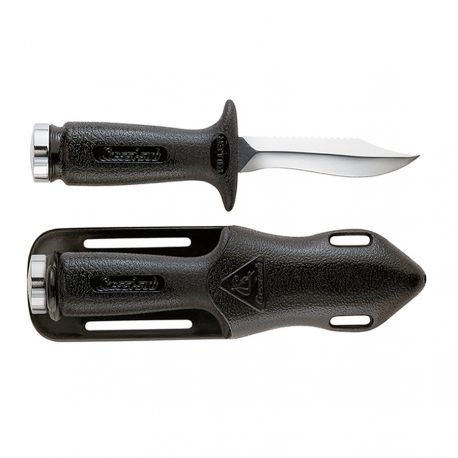-
The most basic course to learn freediving is with the AIDA 1 Star course, it is really a taster or for anyone with no previous freediving training, offered as a required minimum freediving entry level in conjunction with a spearfishing or mermaiding course. It is possible (and in many cases recommended) to go straight to the AIDA 2 Star qualification which industry wide is recognised as the first qualification you can dive independantly of a dive professional.
AIDA 1 Star Course is a theory and pool/shallow open water based qualification, ideal for beginners who are interested in learning the sport of Freediving especially for Scuba divers, open water swimmers, spearos, triathletes and snorkellers. -
AIDA 2 course is 3 days and consists of 2 x theory sessions, 1 x pool session and 3 x open water dives.
- Participants have to be 18 years of age or older (16 with parental supervision)
- Medically fit
- Be able to swim at least 200 metres non-stop and 300 metres with mask, snorkel and fins.
-
AIDA 3 course is 3 days minimum and consists of 3 x theory sessions, 2 x pool session and 4 x open water dives.
To successfully complete the AIDA 3 freediver course you will have to perform a 2 min. 45 sec. breath hold, swim 55 m underwater with fins and dive to 24 m in open water. You will receive the new AIDA 3 , 97 page fully illustrated e-manual to consolidate your theory. The concepts covered in this course include training tables, free fall, additional freediving equipment, improved equalisation and additional depth safety considerations and an in depth look into the Mammalian diving reflex. This extra information will help you start to put together a training plan for medium term improvements. -
This course consists of three theory sessions, two pool sessions and four open water dives.
To successfully complete the AIDA 4 freediver course you will have to perform a 3 minute 30 second breathold, swim 70 m underwater with fins and dive to 32 meters in the open water. -
AIDA Competition Safety Freediver Course, the following knowledge development, confined water session and open water session are to be included:
This course consists of three theory sessions, two pool sessions and four open water dives. -
Out of stock
- Total length: 180 mm
- Blade length: 86 mm
- Blade width: 17 mm
- Blade thickness: 3-5 mm
- Weight, knife only: 120 g
- Weight with sheath and straps: 300 g
- Water buoyancy: negative
-
The course will consist of a theory lecture to bring the student up to speed with current knowledge in this area, it will include some practical dry sessions, and then formation in the water for a static breath hold session under favourable conditions.
We will look at training zones and how to plan ahead for training, describe and practice some useful exercises, give you an idea of many relaxation exercises to practice regularly and during your static apnea practices and look at diet and nutrition and what you can do to maximise your statics.
We designed this course sometime ago, and it has benefitted previous students from the course. -
This is the payment is somebody requires additional training beyond the scope of the course. Bespoke coaching session to work on a skill the students wants to improve on to either improve or help pass a specific course.
-
First aid training is required by law for all companies and businesses. The Health and Safety (First-Aid) Regulations 1981 require employers to provide adequate and appropriate equipment, facilities and personnel to enable first aid to be given to employees if they are injured or become ill at work. These Regulations apply to all workplaces including those with five or fewer employees and to the self-employed.



















